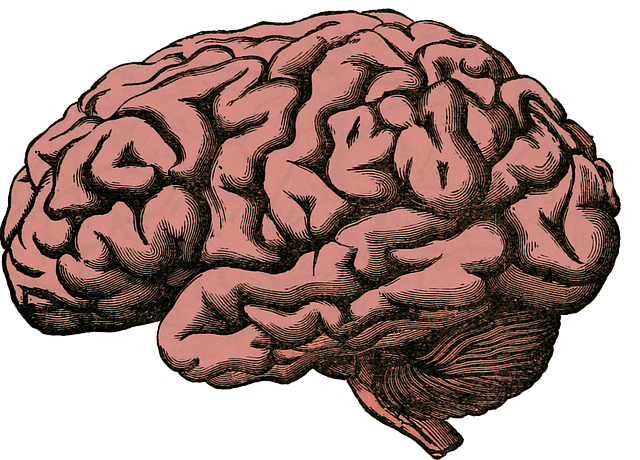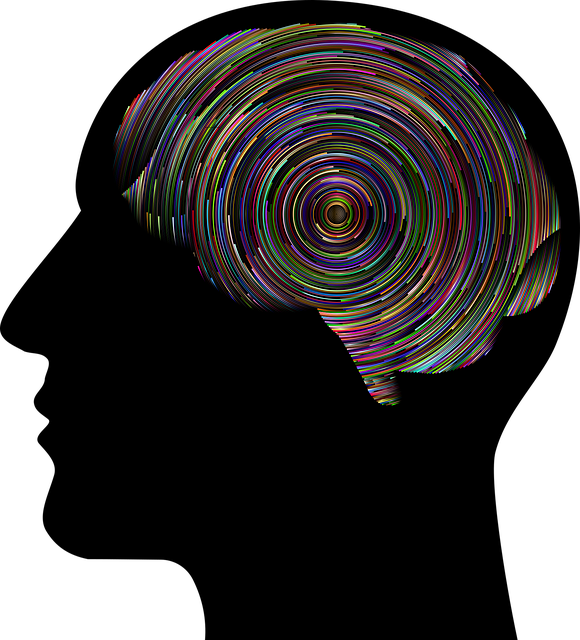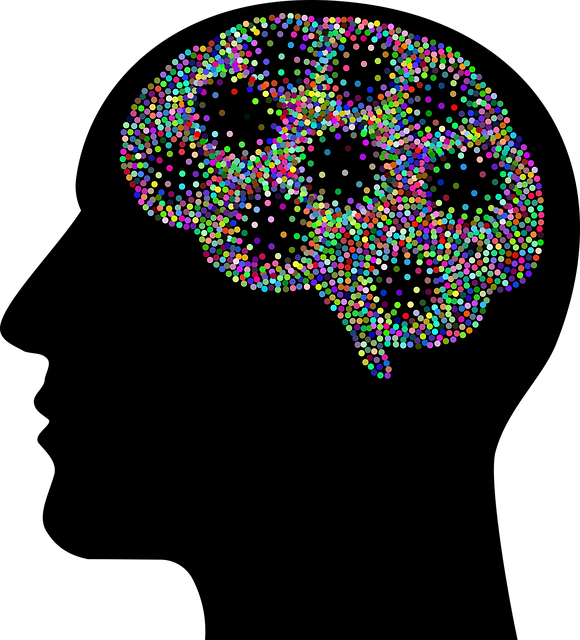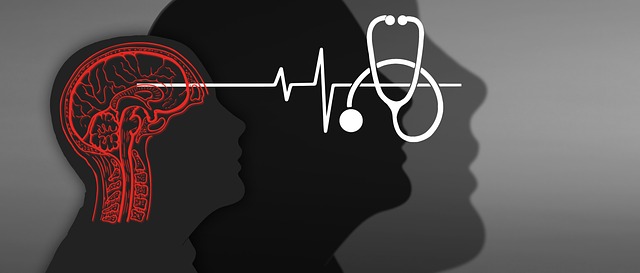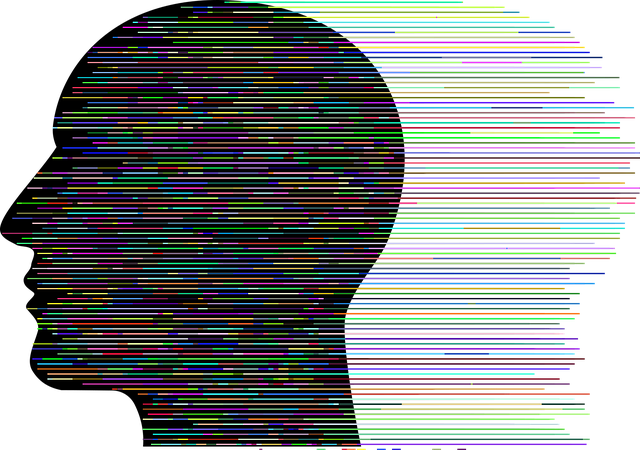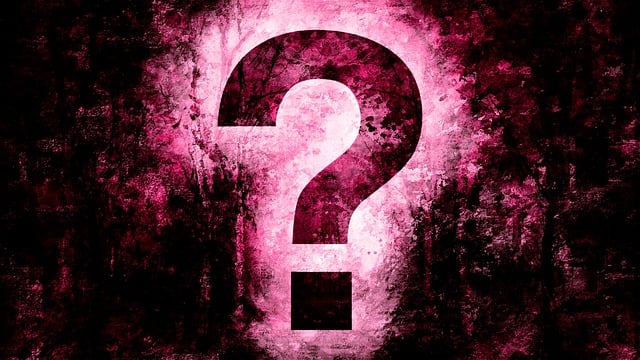Early recognition of mental illness in children is crucial for effective treatment and support, leading to happier lives. Signs include persistent changes in mood, behavior, or thought patterns. Therapists use interviews, questionnaires, play therapy, and parental input to identify interpersonal issues contributing to a child's distress. This process enables tailored interventions focusing on coping skills, confidence building, and resilience, ensuring appropriate therapy for each child's mental health journey. Early therapy significantly impacts long-term outcomes for conditions like anxiety, depression, and bipolar disorder. Public awareness campaigns reduce stigma while integrating self-care practices empowers individuals to manage stress and seek help proactively. Unique diagnoses such as ADHD, Anxiety Disorders, Depression, and Behavioral Disorders manifest through distinct symptoms, requiring professional guidance to enhance emotional intelligence, improve relationships, and promote mental wellness.
Mental illness diagnosis and treatment navigation assistance is a crucial aspect of ensuring children receive the care they need. This comprehensive guide delves into understanding mental health in children, recognizing early signs, and assessing potential red flags. We explore commonly diagnosed disorders and the process of obtaining a diagnosis.
Furthermore, we navigate treatment options tailored for interpersonal issues in kids, highlighting therapeutic approaches like play therapy, CBT, and family therapy. Creating an effective treatment plan involves collaboration between parents/caregivers and mental health professionals.
Lastly, we provide supportive resources, strategies for self-care, and methods to monitor progress, emphasizing a holistic approach to foster resilience in children with interpersonal challenges, including therapy for children interpersonal issues.
- Understanding Mental Illness in Children: Early Signs and Assessment
- – Recognizing behavioral changes and potential red flags
- – Types of mental health disorders commonly diagnosed in children
Understanding Mental Illness in Children: Early Signs and Assessment

Recognizing mental illness in children early is vital for effective treatment and support. Many mental health disorders can be effectively managed when caught at an early stage, allowing children to lead happy and fulfilling lives. The initial signs may vary depending on the specific condition but often include persistent changes in mood, behavior, or thought patterns. For instance, a child might exhibit extreme irritability, anxiety, excessive withdrawal, or difficulties in social situations, which could be indicative of depression or an anxiety disorder. These subtle cues require parental awareness and a willingness to seek professional guidance.
Assessment plays a crucial role in diagnosing mental illness in children. Therapists use various tools and techniques, including interviews, questionnaires, and play therapy, to evaluate the child’s emotional and behavioral patterns. The process involves identifying interpersonal issues that might contribute to their distress, such as problems at school or within the family dynamic. By combining clinical assessment with parental input, therapists can develop tailored interventions aimed at improving coping skills, boosting confidence, and building resilience in children. This proactive approach ensures that young individuals receive the necessary therapy for children while navigating their mental health journey.
– Recognizing behavioral changes and potential red flags

Recognizing behavioral changes is a pivotal step in navigating mental illness diagnosis and treatment. Parents, caregivers, and close friends often notice subtle shifts in a child’s demeanor or habits that may indicate underlying interpersonal issues or the onset of a mental health condition. Red flags can include sudden changes in appetite or sleep patterns, extreme mood swings, withdrawal from social activities, or dramatic drops in academic performance. These signs warrant further investigation as they could point to conditions such as anxiety, depression, or even more severe disorders like bipolar disorder or schizophrenia. Early intervention through therapy for children is crucial, as it can significantly impact long-term outcomes and the child’s overall well-being.
The development of public awareness campaigns centered around mental health issues plays a vital role in fostering empathy building strategies within communities. By educating people about these signs and encouraging open conversations, society can reduce stigma and promote support networks for individuals facing mental illness. Additionally, integrating self-care practices into daily routines can empower both children and adults to manage stress, improve resilience, and proactively seek help when needed.
– Types of mental health disorders commonly diagnosed in children

Mental health disorders in children can manifest in various forms, with common diagnoses including Attention-Deficit/Hyperactivity Disorder (ADHD), Anxiety Disorders, Depression, and Behavioral Disorders. ADHD often presents as difficulties in focusing, impulsivity, and hyperactivity, impacting a child’s academic performance and social interactions. Anxiety disorders cause excessive fear and worry, leading to avoidance behaviors and sleep disturbances. Depression in children can result in persistent sadness, loss of interest, and changes in appetite or energy levels. Behavioral disorders, such as Oppositional Defiant Disorder (ODD), involve recurring patterns of anger, defiance, or vindictiveness towards authority figures.
Early identification is crucial for effective therapy for children with mental health issues. Interpersonal issues often play a significant role in these disorders, making Conflict Resolution Techniques and Empathy Building Strategies valuable tools for improvement. Through professional guidance, therapists can teach children healthier coping mechanisms, enhance their emotional intelligence, and improve relationships at home and school. Promoting mental wellness in young individuals requires a comprehensive approach that addresses the unique needs of each child, fostering their resilience and overall well-being.
Navigating mental illness diagnosis and treatment for children can be a complex process, but with early intervention and proper support, significant improvements are achievable. Recognizing behavioral changes and understanding common childhood disorders, such as anxiety, depression, or ADHD, are crucial first steps. Seeking therapy for children specializing in interpersonal issues proves invaluable, offering tailored strategies to enhance mental well-being. By empowering parents and caregivers with knowledge and access to appropriate resources, we can ensure children receive the care they need to thrive and lead fulfilling lives.


